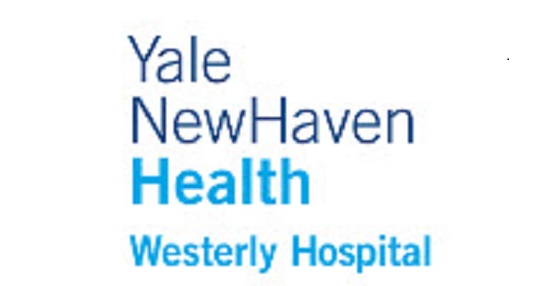Westerly Hospital–a 125 bed facility in Rhode Island that is part of the Yale New Haven Health System— has implemented a robust Malignant Hyperthermia education program designed to improve staff’s ability to recognize a Malignant Hyperthermia event and initiate appropriate, life-saving treatment; thereby, increasing patient safety and quality of care. Additionally, staff will be able to recognize the risk factors for a potential Malignant Hyperthermia event and implement a safe plan of care for susceptible patients.
Malignant Hyperthermia (MH) is a rare, life-threatening clinical syndrome of hypermetabolism which may be triggered by volatile inhalational anesthetic agents and the muscle relaxant succinylcholine in susceptible individuals. In efforts to improve patient safety, The Joint Commission requires that staff participate in ongoing education and training to maintain or increase their competency during a Malignant Hyperthermia crisis in every area of the facility where triggering agents may be administered.
Westerly Hospital assembled an interdisciplinary team to ensure that the hospital’s policies and procedures aligned with the Malignant Hyperthermia Association of the United States guidelines and to design an educational plan for staff. The online Healthstream© module “Identifying and Treating Malignant Hyperthermia” was assigned to nurses, pharmacists and surgical techs employed in all perioperative, procedural, inpatient, Emergency Department, Intensive Care, and pharmacy areas. Interactive Malignant Hyperthermia (MH) drills were held in varying locations throughout the hospital. MH Drill evaluations assisted the team to drive continual process improvement in real time.
Each participant was asked to complete a survey to assess their knowledge of and comfort level with responding to a Malignant Hyperthermia crisis before and after completion of the learning module and the Malignant Hyperthermia Drill. The survey results demonstrated a nearly threefold improvement in the number of staff members who reported a “very substantial” or “substantial” knowledge and comfort level in responding to these critical events after completing the educational program.
Click here for survey results…
Anecdotally, as a direct result of Westerly Hospital’s education efforts, a registered nurse in the Preadmission Testing area recently identified a patient with several Malignant Hyperthermia risk factors and immediately worked with the anesthesiology and perioperative teams to create a safe plan of care for his surgery.

